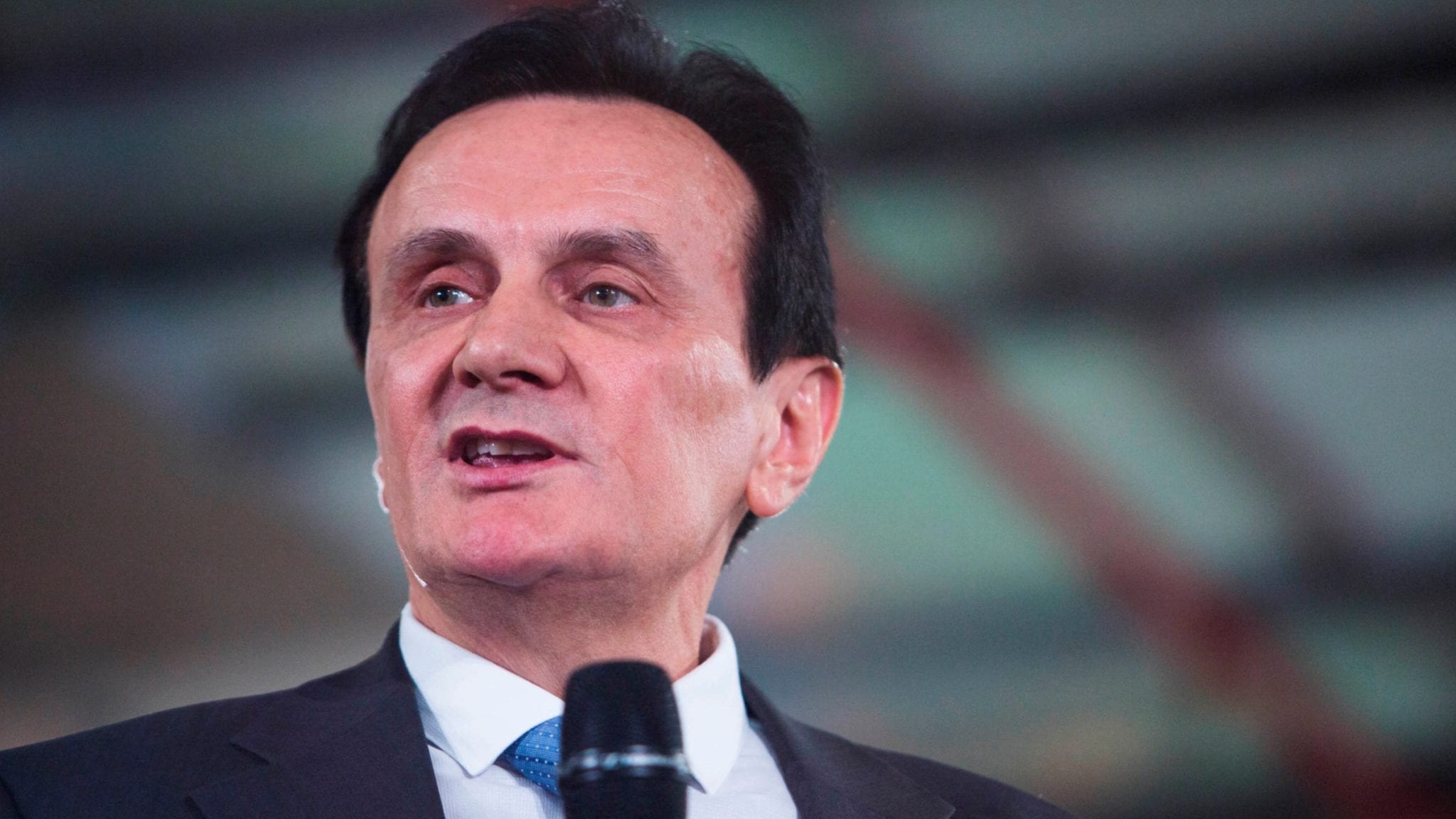
Updated: Study shows AstraZeneca's Covid-19 mAb Evusheld may not work against dominant Omicron strain
AstraZeneca’s prophylactic treatment for Covid-19, known as Evusheld, has survived where other mAbs failed, showing efficacy for the immunocompromised and others who cannot be vaccinated across multiple variants, including Delta and several Omicron subvariants.
But new correspondence published in the New England Journal of Medicine yesterday says that the dominant Omicron subvariants right now are much less susceptible to Evusheld, which is a combination of tixagevimab and cilgavimab. That data may end up resulting in a pause in the use of Evusheld, although an AstraZeneca spokesperson insists that it won’t, and HHS has not indicated that there’ll be a pause anytime soon.
Unlock this article instantly by becoming a free subscriber.
You’ll get access to free articles each month, plus you can customize what newsletters get delivered to your inbox each week, including breaking news.